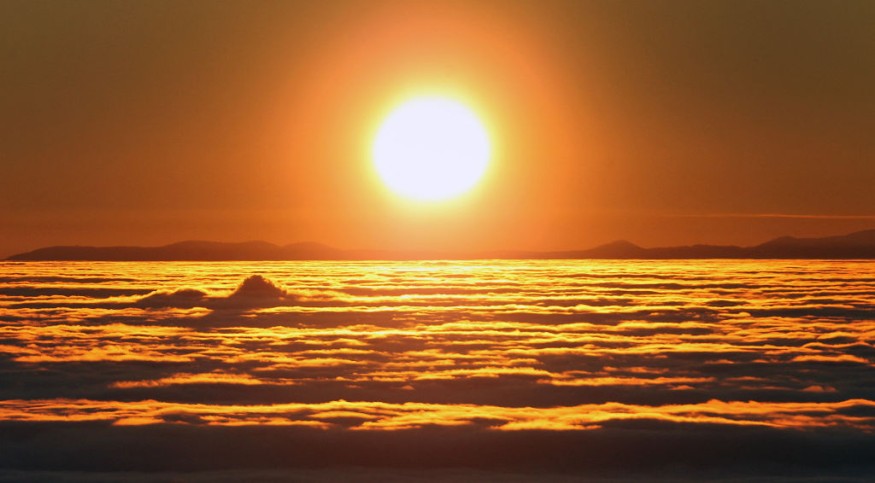The natural phenomenon of climate change and global warming have haunted the contemporary era of potentially worst-case climate scenarios.
These scenarios include worsening storms, weather disturbances, and rising sea levels due to the human-caused global heating effects.
However, a new study suggests that the world can still meet the objectives of the Paris Agreement on climate change.
This is possible based on climate scenarios and fast-changing technological innovations, including the production and affordable renewable energy, says the study.
New Study's Optimistic Climate Prediction in the 21st Century

Researchers stated that the goals of the Paris Agreement to limit global warming and decrease the global temperatures to 2 degrees Celsius (3.6 degrees Fahrenheit) in the 21st century are still within reach, as per a new study published in the Environmental Research Letters on Feb. 11.
According to the new study's analysis, "apocalyptic" and worst-case climate scenarios relating to climate change and global warming are not likely to happen in the 21st century since the world can still reach the objectives laid out by the Paris Climate Agreement, as per Phys.org.
The new study was conducted by researchers from the University of Colorado in Boulder, Colorado, USA.
The researchers compared climate scenarios acquired from the reports of the Intergovernmental Panel on Climate Change (IPCC) and the International Energy Agency (IEA).
The study's lead author, Roger Pielke, a professor of environmental studies at the University of Colorado, said the new study provides optimism to our world's future concerning climate change and global warming.
Pielke and the researchers of the study said that their projection of the climate situation in the 21st century may continue and pessimistic scenarios in the future are still possible.
The researchers added that current data on climate scenarios must be continuously updated to provide accurate predictions.
Paris Climate Agreement
The Paris Agreement (often referred to as the Paris Accords, Paris Climate Accord, or Paris climate agreement) is a legally binding international treaty on climate change agreed upon by more than 196 Parties or member countries at the 2015 United Nations Climate Change Conference (COP 21) on December 12, 2015.
One of the primary and most significant objectives of the Paris Agreement is for its member countries to plan and implement measures, especially in the energy, oil, and gas industries.
These measures aim to reduce the emission of greenhouse gases and their effect on the environment and atmosphere.
Reducing the emission of greenhouse gases can mitigate or slow down the natural phenomena of the greenhouse gas effect, which pertains to global heating effects on Earth as greenhouse gases trap the Sun's heat in the atmosphere.
Furthermore, the Paris Agreement specifically aims to decrease the global temperatures down to 2 degrees Celsius (3.6 degrees Fahrenheit) in the 21st century.
The temperatures are comparable to the global temperatures during the pre-industrial climate period.
UN's Role in Ensuring the Paris Agreement is Achieved
Since the Paris Agreement, the UN has regularly checked if members countries of the agreement are complying with the Paris Agreement's objectives.
As a result, the UN is tasked to ensure that these objectives are being met by member countries.
According to the United Nations Framework Convention on Climate Change (UNFCCC), member countries of the Paris Agreement are required to report on their greenhouse gases-mitigating measures to enable the UN to track each countries' progress.
© 2025 NatureWorldNews.com All rights reserved. Do not reproduce without permission.





